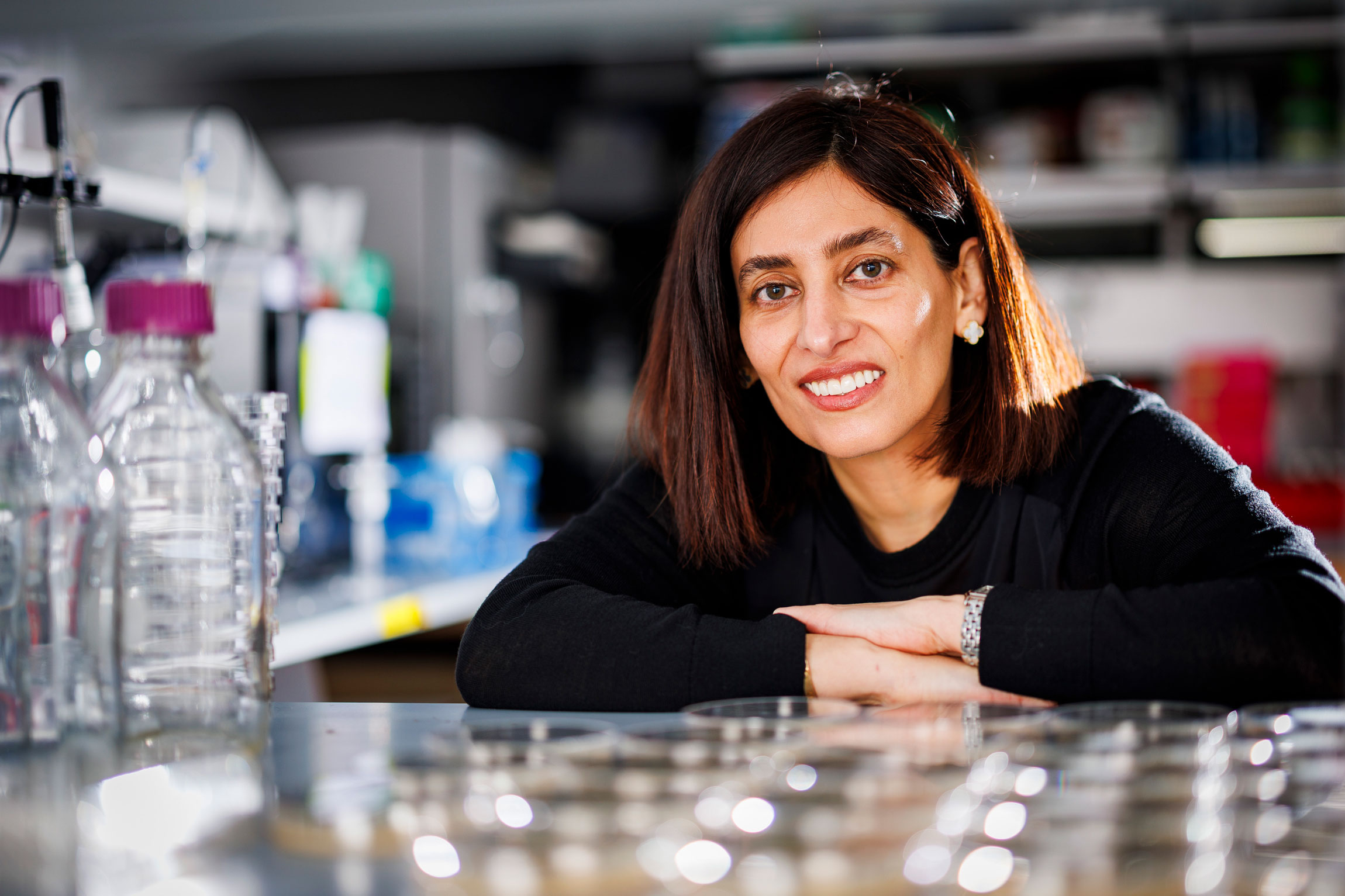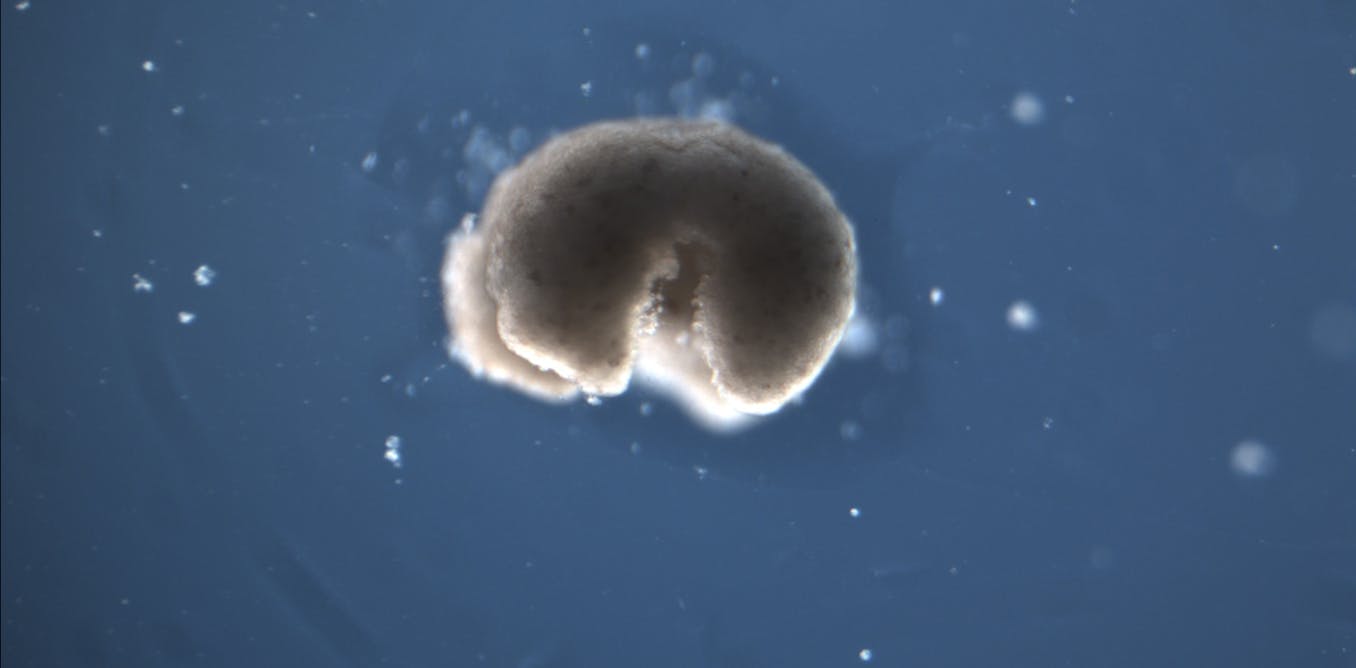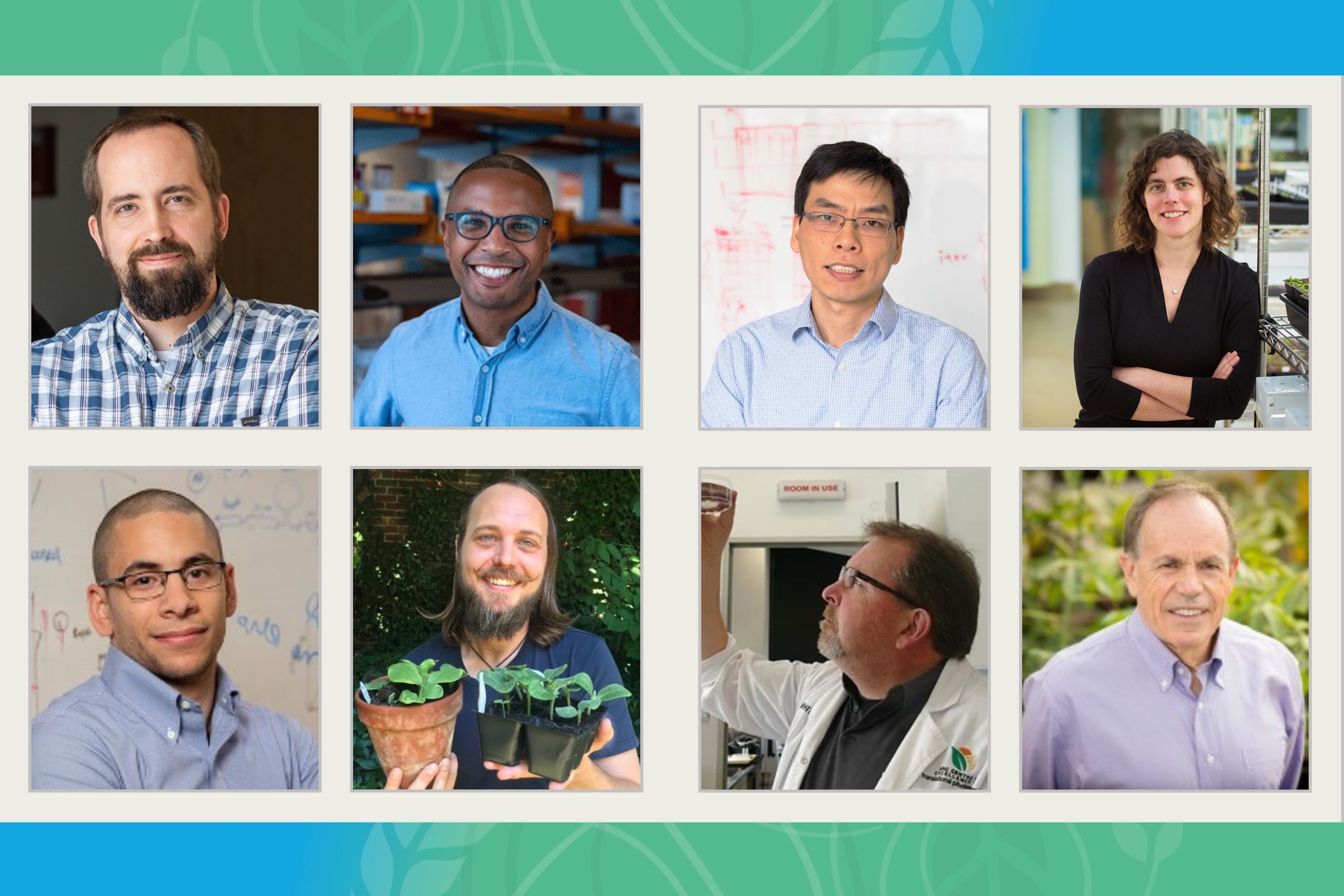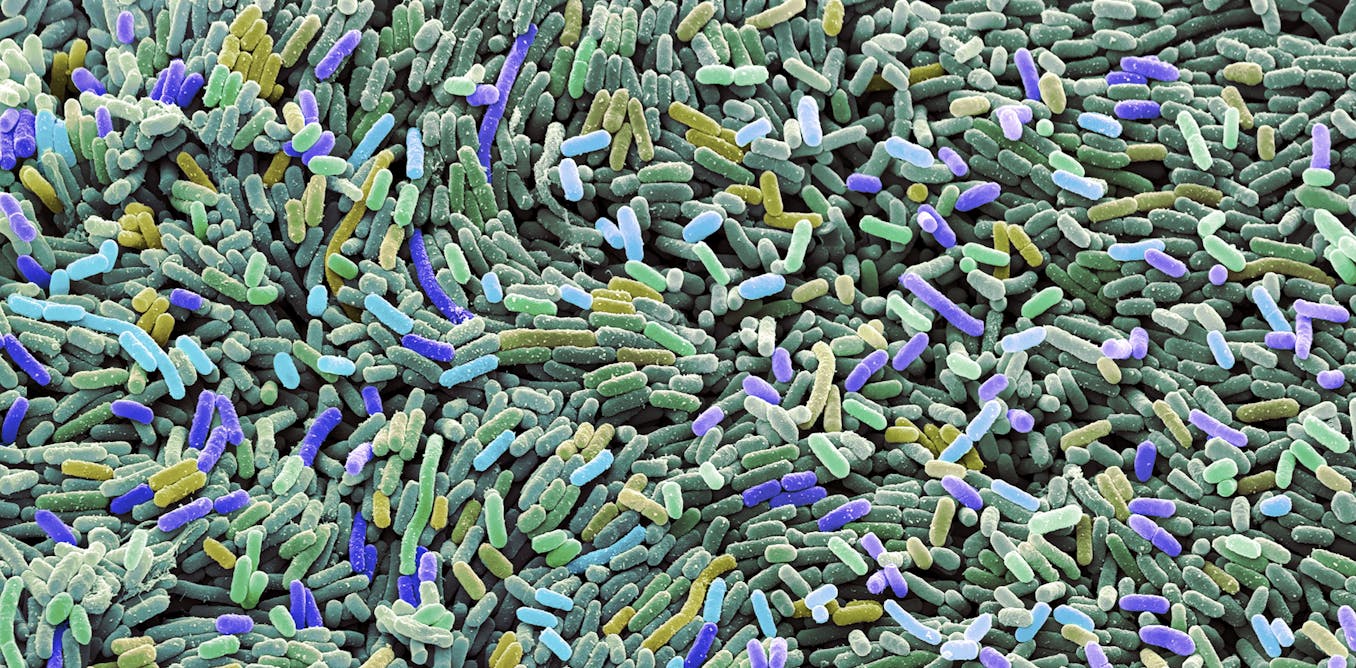Mirror life is a scientific fantasy leading to a dangerous reality − a synthetic biologist explains how mirror bacteria could conquer life on Earth
Synthetic cells that look just like natural cells but are chemically reversed could outcompete other living organisms − with dire consequences for human health and the environment.
Feb. 11, 2025 • ~10 min
Biobots arise from the cells of dead organisms − pushing the boundaries of life, death and medicine
Given the right conditions, certain types of cells are able to self-assemble into new lifeforms after the organism they were once part of has died.
Sept. 12, 2024 • ~8 min
Inaugural J-WAFS Grand Challenge aims to develop enhanced crop variants and move them from lab to land
Matt Shoulders will lead an interdisciplinary team to improve RuBisCO — the photosynthesis enzyme thought to be the holy grail for improving agricultural yield.
May 10, 2023 • ~14 min
AI could make more work for us, instead of simplifying our lives
Automation may not reduce our workloads as much as we’d hoped.
March 2, 2023 • ~5 min
Anti-cancer CAR-T therapy reengineers T cells to kill tumors – and researchers are expanding the limited types of cancer it can target
Immunotherapy has the potential to eliminate tumors, but works best for select patients. Engineering T cells to bypass cancer’s defenses could help expand treatment eligibility to more patients.
Dec. 15, 2022 • ~8 min
Genetically engineered bacteria make living materials for self-repairing walls and cleaning up pollution
The walls of your house could someday be built with living bacteria. Synthetic biologists are engineering microbes into living materials that are cheap and sustainable.
Oct. 11, 2022 • ~7 min
/
5









